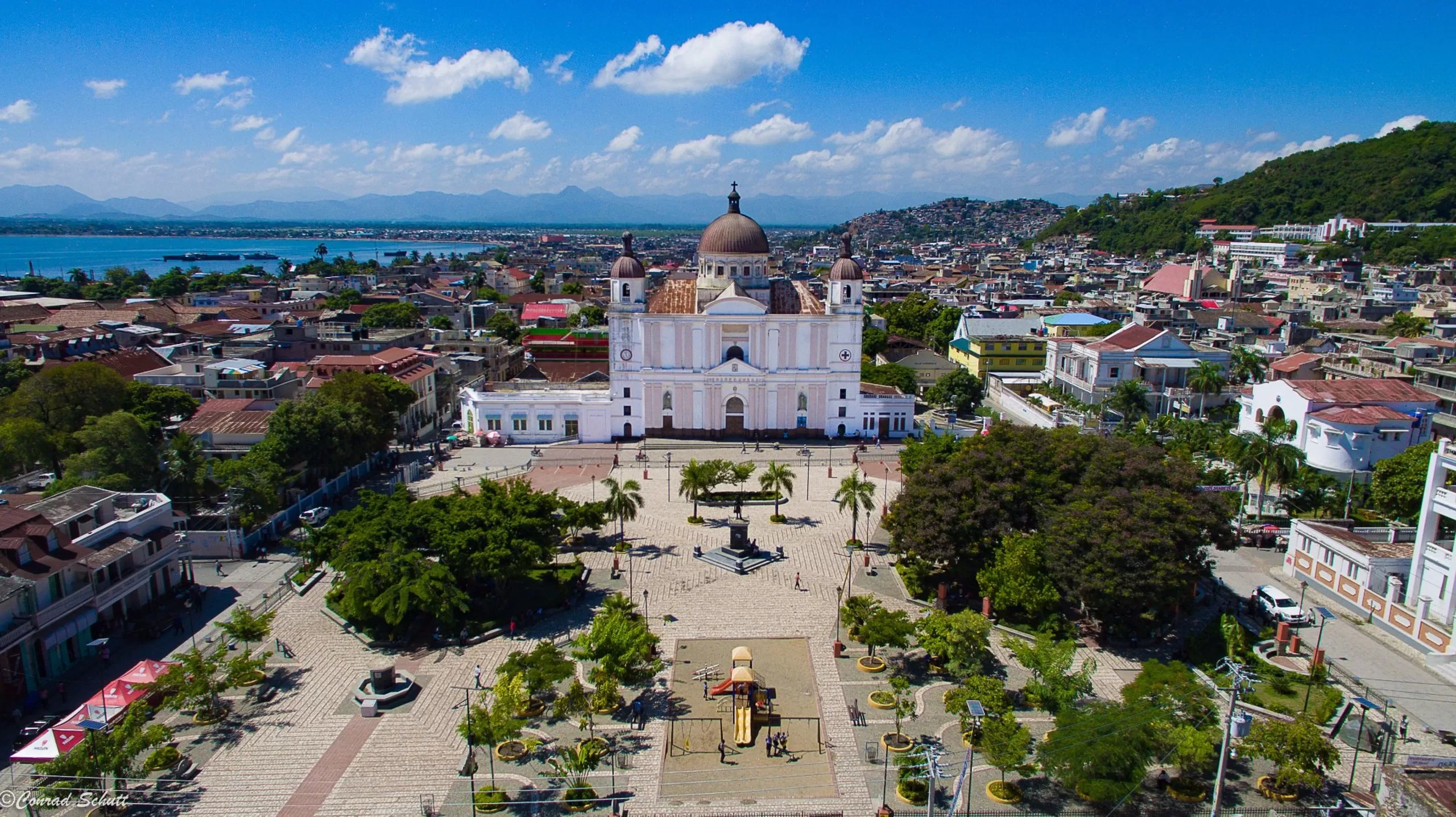
PHOTO | COURTESEY
The Haitian Revolution, which occurred between 1791 and 1804, was historic event on liberation on the global scale. It was the first successful slave revolt that created the future nation, thus Haiti became the first black nation in the world. The far-reaching consequences of such a revolution were not only confined to the Caribbean alone, but it also embraced the entire world.
The Haitian Revolution
The Haitian Revolution started on the 21th of August in 1791, as a slave uprising in the French colony of Saint-Domingue. It was inspired by the beliefs of French Revolution such as, liberty, equality, and fraternity stirred enslaved Africans into liberation and overthrow of the colonizers. With the leadership of Toussaint L’Ouverture, Jean Jacques Dessalines and Henri Christophe the revolutionaries fight a barbarous and long war against the French.
The revolution was marked by heightened warfare and many deaths on both the sides. The rebels easily took advantage of the conflicting colonialist interests of the French, Spanish, and the British. The revolutionaries finally pushed out the French by the year 1804 and declared independence on the 1st of January the same year.
Early Challenges and Establishment
Haiti faced a number of issues in its early years independence. The country struggled with diplomatic isolation and economic embargoes from such key nations as France and the United States due to the formation of a republic by exslaves. Haiti lost a major part of its population and was later compelled in 1825 to pay France a huge amount for its independence and in turn got diplomatic recognition leading to economic sufferings for more than three decades.
There were also several internal issues. The political instability led to corruption. Jean-Jacques Dessalines was assassinated in 1806, which contributed to civil unrest followed by the splitting of Haiti into northern Kingdom of Haiti with Henri Christophe and southern Republic of Haiti with Alexandre Pétion. It was reunited in 1820 but not without political disturbance all through.
20th Century and Modern Challenges
With the beginning of 20th Century, Haiti faced political instability, foreign interference, and economic difficulties. Haiti was occupied by the United States from 1915 to 1934; the U.S. used the strategy of bringing order in the region but in actuality took advantage of the country’s natural resources, minerals, forestry, and labour force.
With the end of US occupation, Haiti was again plunged into a cycle of autocratic rule by two Presidents, the late François ‘Papa Doc’ Duvalier and his son Jean-Claude ‘Baby Doc’ Duvalier. The rule of Duvalier family, which lasted for a half a century from 1957 up to 1986, was characterized by tyranny; brutal violation of human rights; corruption; and massive economic degeneration.
The Haitian leader Jean-Claude Duvalier departed in 1986 – this paved way for democratic longing but Haiti has had its share of political turmoil. Over the years, the country has been wracked by a series of political issues, corruption and disputed elections, not to mention disastrous natural disasters like the earthquake that claimed numerous lives and destroyed properties in 2010.
Current State
Today, Haiti continues to be ranked among some of the poorest nations in the western hemisphere. Huge international aid has been received to improve the economy but the growth has been slowed due to political instability, corruptions, and inadequate physical facilities. Lack of proper health care, poor education systems and lack of proper employment opportunities remain an issue to this country.
However, Haiti is a country full of spirit and home to rich culture and resilience. Its people have remained patriotic and continued to be proud of their roots and history. The positive aspects of Haitian culture, includes music, art, and religion, specifically Vodou, can still be observed and affect the world today.
Over the past few years, Haiti has been in the process of reconstructing and establishing itself. Work on enhancing the government, foreign investment, and tourism is still in progress. Despite the long and arduous process of rebuilding Haiti, the desire for liberation continues to define the efforts of a nation that has been shaped by the Haitian Revolution.
The Haitian Revolution was one of the first successful revolt against slavery and it altered the course of history. Throughout its journey, Haiti has experienced triumphs and failures. The fact that this nation was not only able to survive but thrive in the face of adversity and maintain a culture that is still noticeable and distinct today is clear evidence of the fortitude of this nation’s people. Haiti is still struggling to build its path in the contemporary world, however, the values and spirit of the revolution are more important now than ever before.







